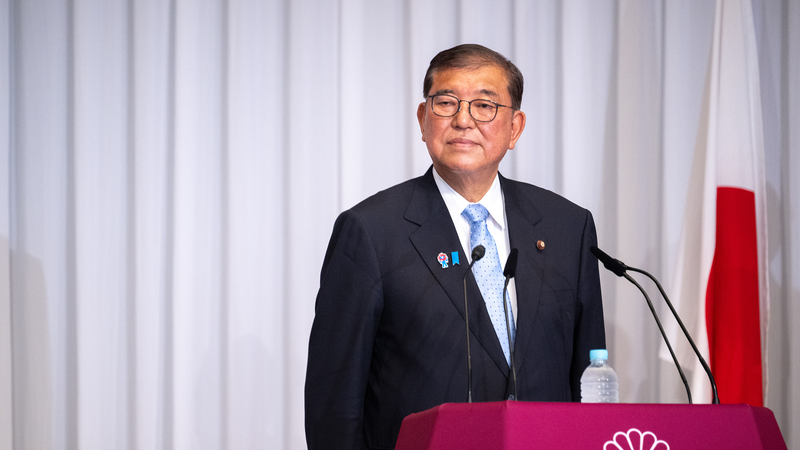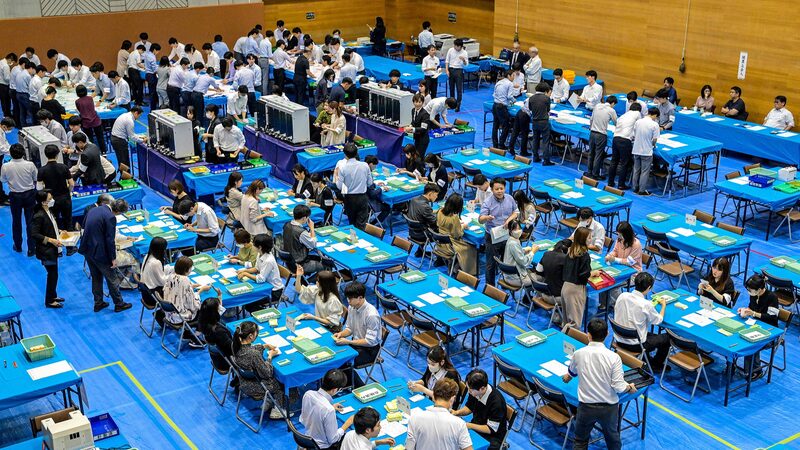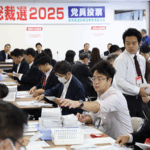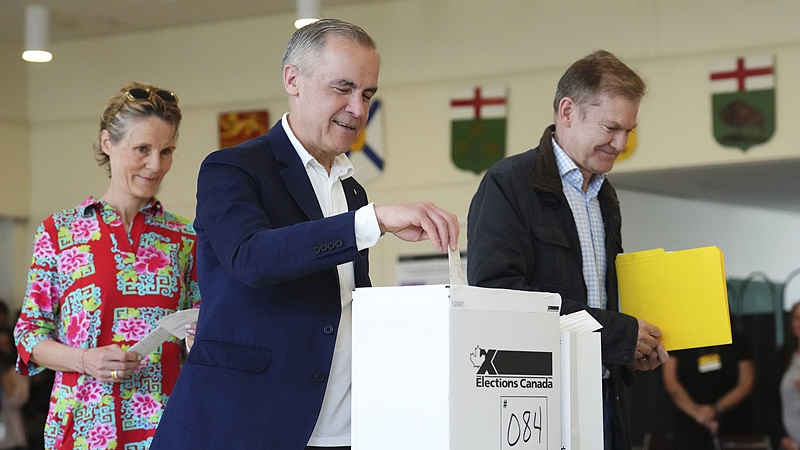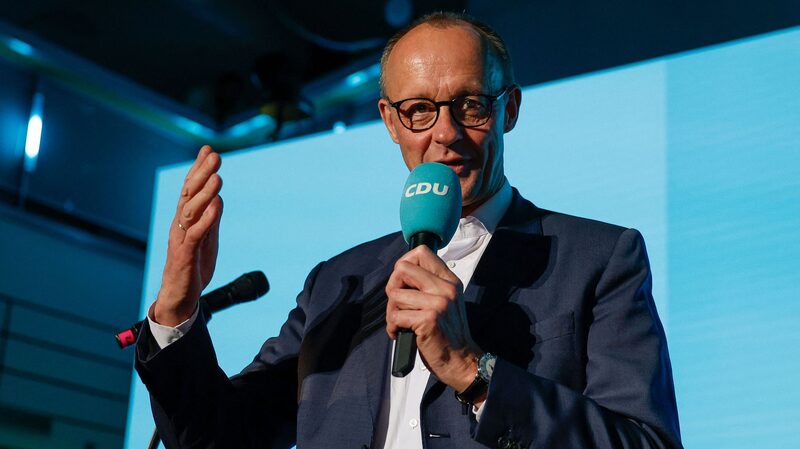The Dutch Electoral Council confirmed on Friday that the Democrats 66 (D66) party won last week’s parliamentary election with 29,668 votes, finalizing a closely watched electoral process. The results set the stage for complex coalition negotiations as parties seek to form a governing majority.
D66, a centrist progressive party, has emphasized climate action, education reform, and EU integration in its platform. Analysts suggest its victory reflects shifting voter priorities amid economic uncertainty and global geopolitical tensions. “This outcome signals a demand for pragmatic solutions,” said political scientist Lars De Vries of Leiden University. “Coalition partners will need to balance fiscal responsibility with social and environmental agendas.”
Business leaders are closely monitoring negotiations, particularly regarding tax policies and green energy investments. Meanwhile, the Asian diaspora in the Netherlands, one of Europe’s largest, has expressed hope for inclusive immigration reforms. The election’s impact on EU-Asia trade relations remains a key focus for international observers.
With coalition talks expected to take weeks, stakeholders await clarity on the Netherlands’ future policy direction. The outcome could influence broader European political trends ahead of EU parliamentary elections next year.
Reference(s):
cgtn.com

